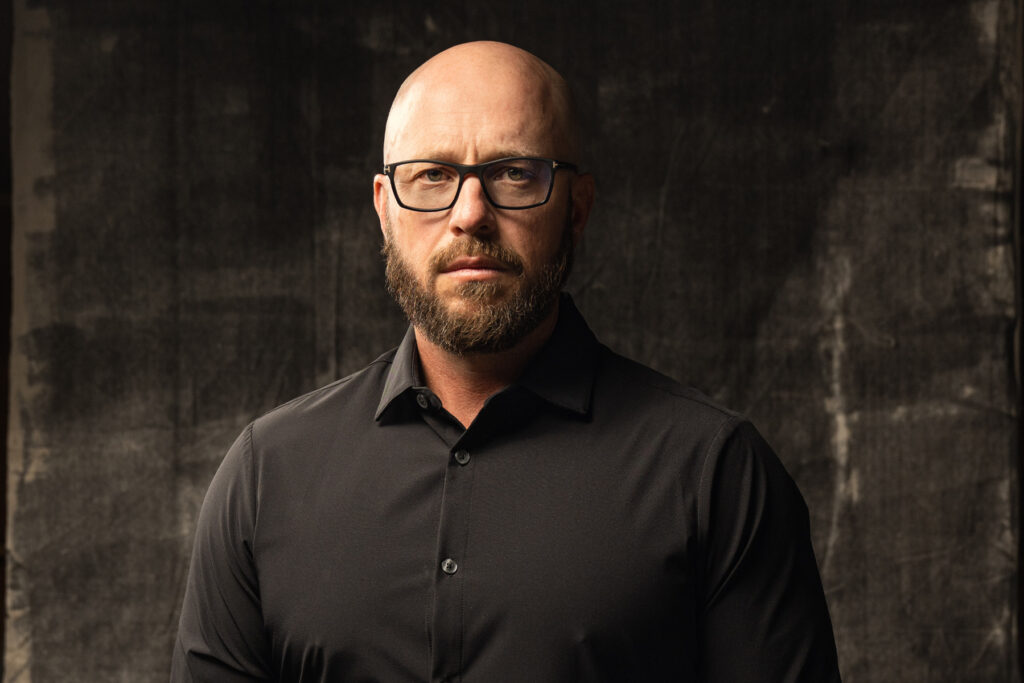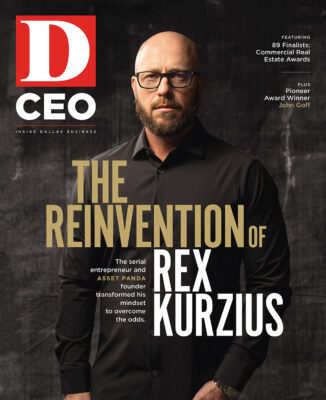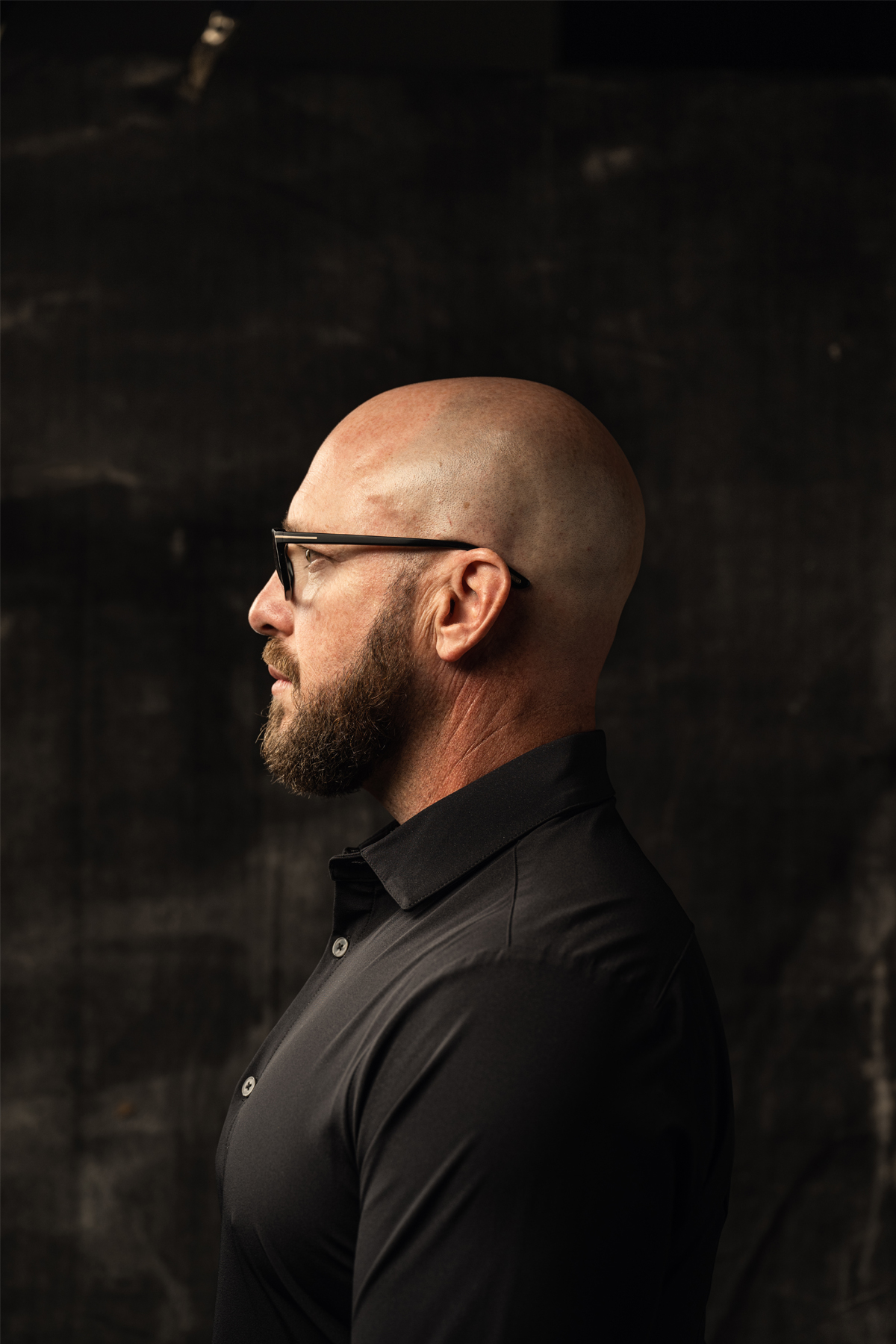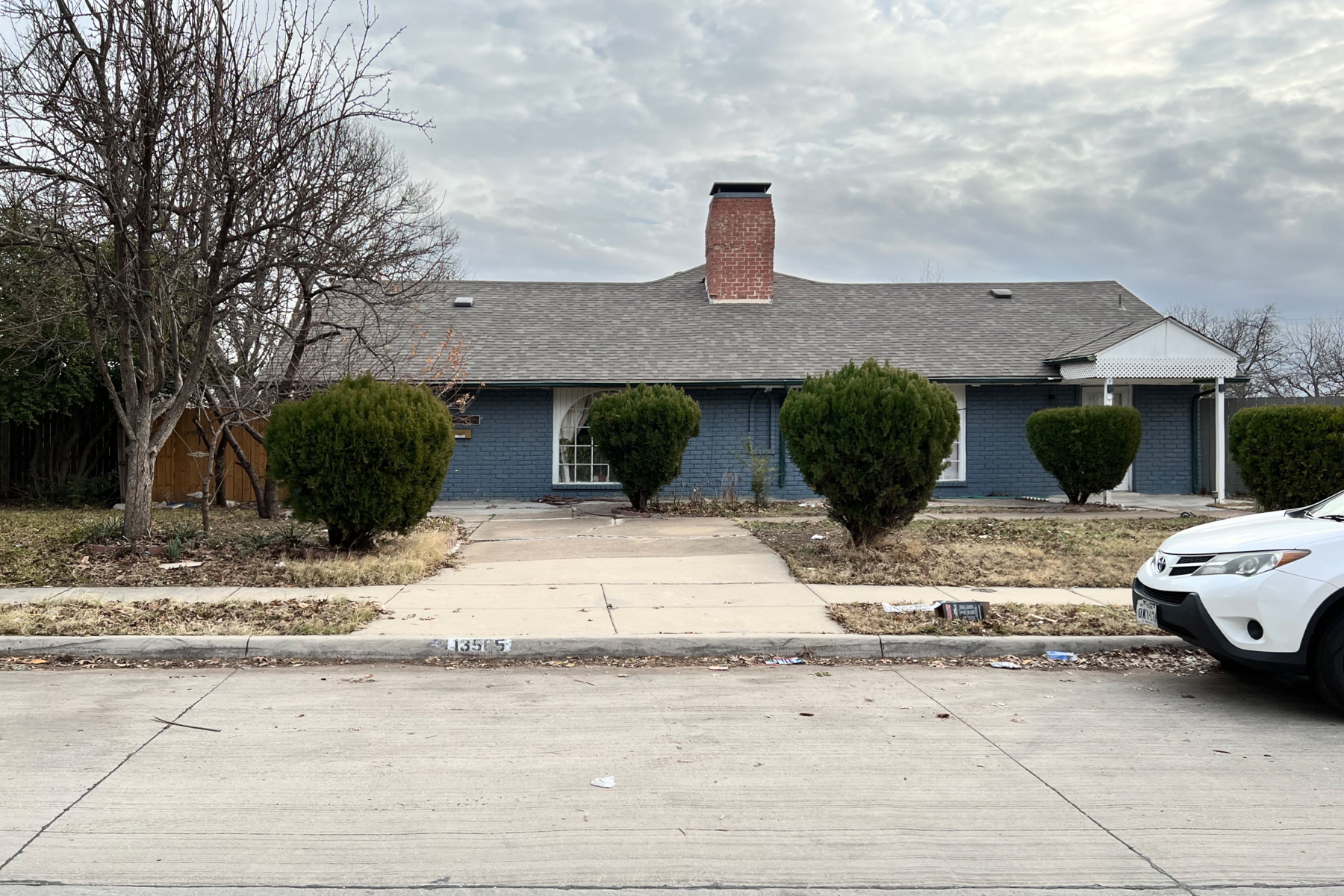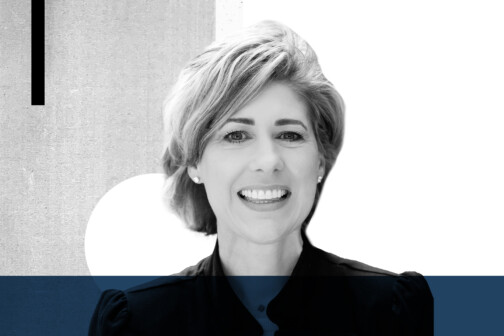Rex Kurzius spent years running from his past. From the poverty of his childhood, from the poor business decisions his father made, from one idea to the next. But it isn’t the running from that makes his story unique. Running from something is often motivated by negativity—fear, anxiety, doubt.
But running toward something? That takes vision. It requires a desire to self-actualize, to move beyond comfort and toward lasting impact.
That’s what Kurzius is doing at Asset Panda, a Frisco-based tech company he launched 10 years ago. As described on its website, it’s a “cloud-based asset management platform designed to help the world work smarter.” In simpler terms, it helps businesses track and manage their stuff.
In 2021, Asset Panda was named the 11th fastest-growing technology company in North Texas as part of Tech Titans’ Fast Tech program. It earned a top-10 ranking in 2020, and also was honored in The Innovation Awards, presented by Dallas Innovates and D CEO. With clients in more than 45 countries, Asset Panda tracks millions of assets for businesses in a wide range of industries. Those clients, the company says, see an average 800 percent ROI.
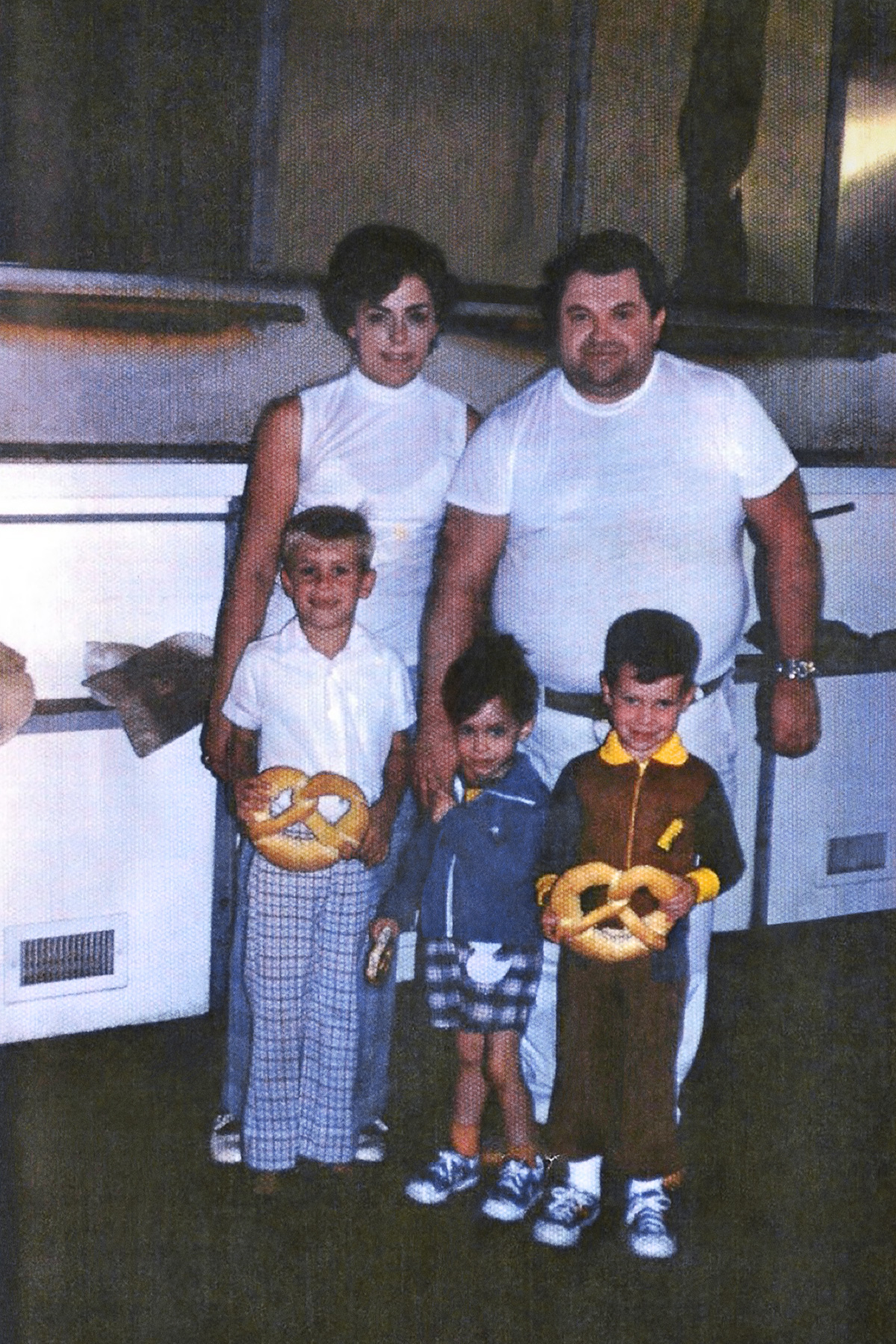
Asset Panda is the latest venture for Kurzius, who got early lessons in business from his father, a German immigrant. After his parents met in Chicago, they married and traveled the country before settling in New Mexico, where they would have three sons. After the birth of Kurzius and his older brother Dan, their father opened DanRex Bakery in Albuquerque. He focused on baking and managing his small team while his wife did the books.
Kurzius grew up assuming every family ran their own business. In his mind, his family had the bakery, another family owned the newspaper, and another owned the toy store. His father gave the boys menial tasks but made them feel important, giving Kurzius a sense of pride about work and a quality finished product. Entrepreneurship was ingrained at an early age. The question in his mind became, “What business am I going to own?” (His brother Dan was similarly impacted; he went on to co-found e-mail marketing giant Mailchimp.)
Kurzius also saw the hardships of owning a business. He recalls piling into the family van at 2 a.m. one morning because a snowstorm had caused the bakery’s ceiling to collapse. He remembers the sound of the alarms that were blaring and the crash that happened when a drunk driver hit them on the way home. (Thankfully, his family came through the accident unscathed.)
Although his father sacrificed time for himself and his health to focus on his business—he was up around 3 a.m. each day to start baking—his business never took off. In 1984, when Kurzius was 10 years old, the family moved to Dallas. His father wanted to open a new bakery and work with Texas A&M’s agricultural center on his idea for gluten-free bread (see page 55). But neither dream would happen.
Six weeks after Kurzius and his family moved to Texas, his father suddenly died from a heart attack. He left his relatively comfortable childhood of hiking through arroyos and mountains and was now in a strange, flat place with just one parent. Kurzius’ mother, an artist who never worked outside the bakery, did odd jobs like selling carpet cleaner, but it was never enough, and the family was evicted from the Dallas duplex they had just moved into. “We lost everything,” Kurzius says.
The family eventually moved in with his grandparents, who had relocated to North Texas to provide some stability, but they always lived on the edge of poverty. The bleak first Christmas after his father died, there was nothing but moldy bread and peanut butter in the cupboard. There were no presents, no tree, just a sense of despair. Kurzius remembers heading to the back of the grocery store, hunting for bargains on expired meat and dented cans. He was determined to run away from that kind of existence. “I remember thinking that I never wanted to feel that way again,” he says.
Ahead of His Time
Kurzius’ father, Karl, never found the level of business success he had hoped to achieve with his bakery pursuits, but his entrepreneurial spirit shined through in everything he did. A German immigrant who spoke five languages, he was way ahead of his time thinking about innovations in bread.
Decades before the notion would become popular, he believed that gluten caused illness in some people, and he began looking for a way to remove it. The result was a glandless cottonseed that could be used to make gluten-free bread. He patented the innovation, which earned him an appearance on “Good Morning America”—an achievement that’s still a source of pride for Kurzius.
‘The Motivation of an Outlier’
Kurzius kept running. He poured himself into becoming an Eagle Scout, sports, school, and work, mowing yards to buy clothes. All he could think about was owning his own business, but he didn’t know what kind. He was given a scholarship from the Richardson High School PTA and worked to pay for classes at Brookhaven Community College, where he earned an associate degree. That led to an academic scholarship at SMU. Along the way, he got married—at just 20 years old. He began to see the value of running toward something rather than from. “I wanted to experience everything in life,” he says. “I wanted a family. I never felt like I had a family growing up.”
Armed with a business degree and a minor in Latin American studies, Kurzius hoped to move into international business and build on a seed planted by the five languages his father spoke. It was an ambitious goal for a young man who had only been on an airplane once—when his family moved to Texas.
After college, he landed a job with Real Time Staffing, an IT company owned by a scout master he met through Boy Scouts. Kurzius’ embrace of the nascent internet was fortuitous, and he pitched an idea to take the company’s job postings online. But only three months into the project, his friend broke the news that he was selling the company, and the plan to move recruiting to the web dissolved.
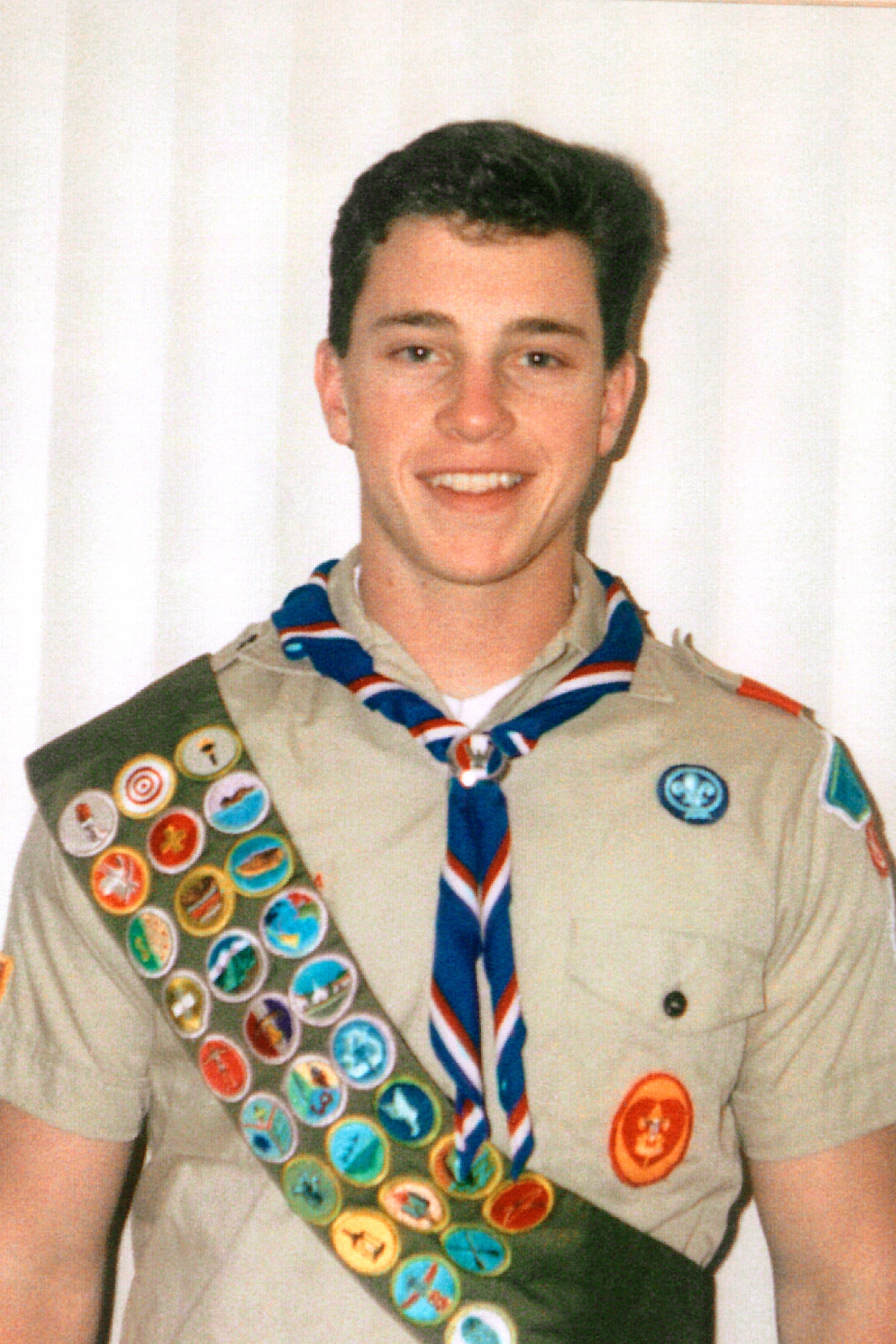
But now, Kurzius had a vision. He launched his own company, Resulte Universal, digitizing tech recruiting and securing a patent for the software to screen resumes over the internet. He sold the software to a company called Virtual Village and became its president—a job that took him all over the world. “I was off to the races,” he says. “I was 23 years old. I never looked back.”
Kurzius would go on to launch a company called Timberhorn, which he sold to Ettain Group, and LRK Partners. Along the way, he made it a point to soak up business and leadership advice everywhere he could. He joined and led organizations like Young Presidents’ Organization and Entrepreneurs’ Organization, finding a cohort of like-minded individualss to serve as his professional and social guideposts.
While Kurzius was in high school, he met Doug Stayman but reconnected through EO. The two came from similar backgrounds, and Stayman observed his friend’s success at escaping a negative and striving toward positivity. “He did both—and they are not the same,” Stayman says. “Most people who want to run away from a negative can reach success, but there are limitations connected to self-worth. Rex has the motivation of an outlier to develop because of what intrinsically makes him tick.”
To dig deep, Kurzius found inspiration from his two brothers. They couldn’t have had more different journeys. His older brother Dan was a creative type who followed his own path and was a talented skateboarder as a kid. He had a decent excuse for declining to be interviewed for this story; the company he co-founded in 2001, Mailchimp, was just purchased by Silicon Valley giant Intuit for a jaw-dropping $12 billion.
“I shared a bunk bed with one of the icons of the business world. He’s my best friend.”
Kurzius on his brother Dan, co-founder of Mailchimp
Mailchimp is considered one of the greatest bootstrap startups of all time. But for the brothers, it has never been about sibling rivalry but rather mutual understanding and support. “I shared a bunk bed with one of the icons of the business world,” Kurzius says of Dan. “He’s my best friend. I learned a lot about creativity in life just by watching my brother tackle what he was setting out to tackle in his business, which had nothing to do with anything I was ever taught in business school.”
Kurzius says it’s his younger brother, who was born with special needs, who has taught him the most about perseverance and priorities. He has worked for the same company for 25 years and rarely misses a day on the job. After their father died, Kurzius often served as caretaker for his brother, coaching his Special Olympics basketball teams and sharing a room with him for most of his childhood. “I felt like I was his protector, and in many ways, he was mine,” Kurzius says. “He would help me see the things that I thought were a big deal or things that I had anxiety about that in the grand scheme of things weren’t important at all.”
Seeking a Problem to be Solved
As Kurzius’ business and family grew, his idea of success and work-life balance began to shift. He started to see his entrepreneurial journey as one of personal transformation. It came to be more about being comfortable than making money. “I learned to take myself a lot less seriously,” he says. “I learned that you’re no better than me, and I’m no better than you. The most important thing is developing a vision of who you are and who you want to become and doing the same thing for your businesses.”
Others saw this evolution in Kurzius, too. “He’s willing to connect with people on many different levels without labeling anybody,” says friend Ken Beam, founder of Pegasus Logistics Group. “I haven’t met anybody who doesn’t like the guy.”
It was with this new mindset that Kurzius launched yet another company—Asset Panda. It was no fluke; he purposefully set out to find a problem to be solved. He systematically considered his business experiences and made a list of criteria for his new venture. He wanted it to function via a mobile device and to be a global service that solved a problem that most organizations in the world experienced. He didn’t want to travel, and he didn’t want to overleverage his wealth. Simple, right?
Kurzius thought of the many frustrating equipment audits with his other ventures, where the company inevitably lost equipment at each count. Then a friend lost everything in a house fire, and the insurance company wanted a detailed list of belongings before they’d pay. A moment of inspiration struck him on a business trip to Bangalore, India, where he witnessed a man delivering propane tanks on a rickety bike while using an expensive smartphone.
He began connecting the dots between these moments and developed an asset management enterprise. It works with clients such as Yeti, Texas Tech University, and WebMD to track and protect assets and equipment of all kinds. As a private company, Asset Panda won’t release revenue figures, but in 2020, Kurzius told D CEO the company’s three-year growth rate was 3,551.8 percent.
It’s unique to find someone who has multiple examples of success, says Bill Rowe, a longtime friend of Kurzius who runs an executive search firm, Rowe Global. “A lot of executives who I interview have successfully grown or started a business, but very few do it multiple times in a row successfully,” he says.
Asset Panda allowed Kurzius to find the balance his life had been missing. He funded an endowed a scholarship at SMU for community college transfer students, and continues to pay it forward for aspiring entrepreneurs as a mentor for Biz Owners Ed. Kurzius also makes more time for himself. Relief from the daily stress of entrepreneurship has taken the form of pushing himself to his limits with activities like whitewater rafting, spearfishing, racing cars (see “Drama at the Dunes,” below), and even flying in a Russian MiG, where he passed out several times as the pilot took him through daring maneuvers. “It was just one hell of a ride,” he says. “It was exhilarating.”
With Asset Panda, he has finally found the purpose and balance he sought. Most important for Kurzius, he could integrate his family into the journey. He let his daughter name the company when she was 13 years old, and all three of his kids, who today range in age from 17 to 23, have sat in on business calls and given their dad a thumbs up or down as deals were discussed.
Kurzius is done running from, but he’s still running toward actualization, purpose, and influencing the next generation. “I want my family to know that entrepreneurship isn’t just all the people that you read about that are successful,” he says. “The transformation you must go through is painful. That’s part of the journey. It’s part of the ride.”
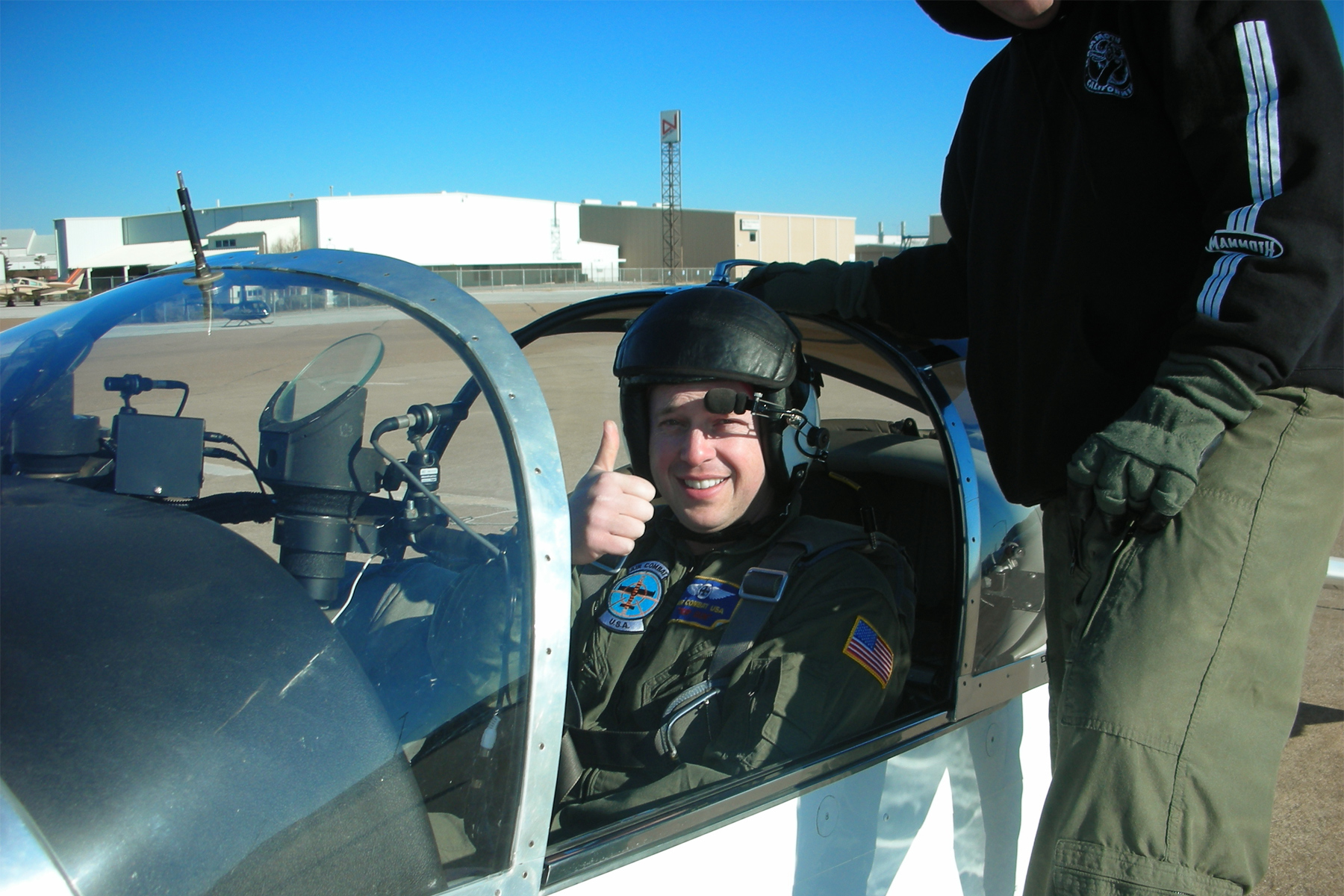
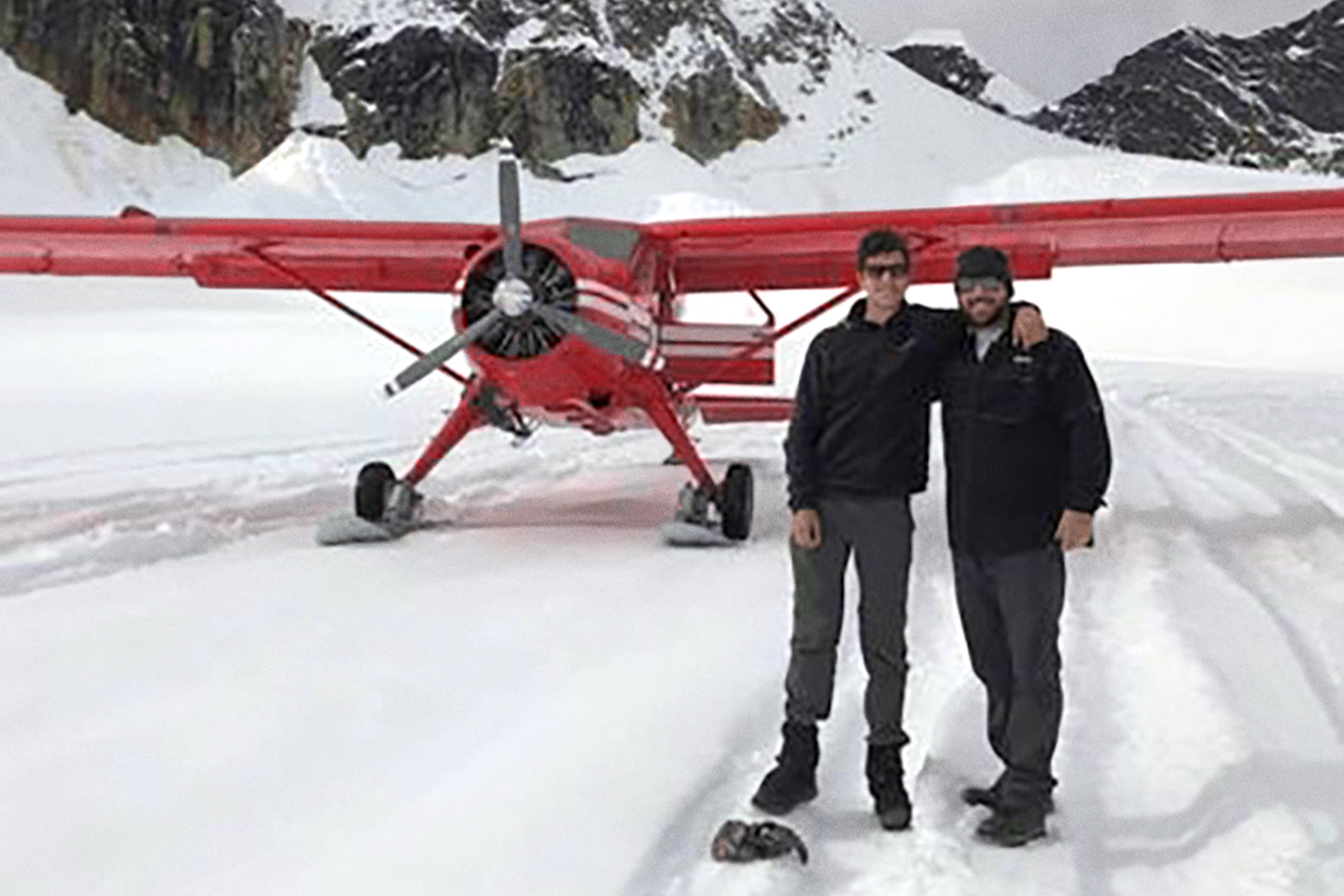
Drama at the Dunes
Kurzius relishes the rush of extreme sports. “I look for things that can take me out of my comfort zone and push me to the edge,” he says. Racing dune buggies in Baja California, with YPO members left a lasting memory on his longtime friend Ken Beam. It was supposed to be a fun offroad drive through the desert, but an orderly line of vehicles didn’t last long.
“When you have that many adrenaline-junkie CEOs, it turns into a crazy race,” says Beam. The drivers began gunning the buggies to pass each other, pushing their skills to the limit. Kurzius and Beam were in the same car, and at one point, the vehicle began sliding off the road toward a boulder. “He almost killed me. We almost slid into a big rock, and my face would have been the rock,” Beam says. “It scared him more than me.” The group totaled three cars during the trip.
Get the D CEO Newsletter
Author



